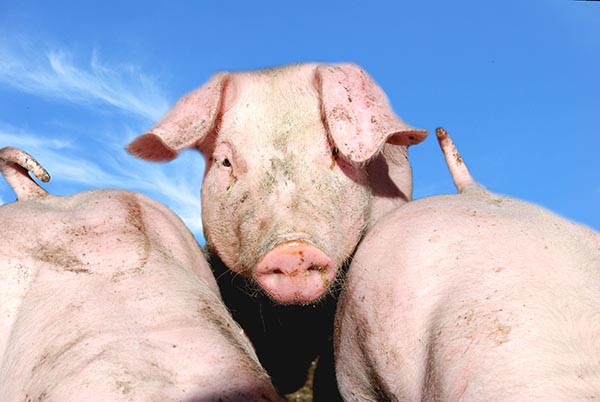Genetically edited pigs for reproductive and respiratory syndrome resistance await US approval

The use of CRISPR-Cas technology to eliminate a dangerous viral disease in pigs represents an important step towards improving animal health.

The AgroXXI.ru Portal got acquainted with the release of the Genus company, which reports that genetically edited pigs will help protect the industry from an economically important disease: "Livestock disease resistance genes benefit animals for health and enable farmers to meet the growing demand for affordable high-quality protein.
To maximize potential benefits, this disease resistance trait must be present in commercially significant breeding populations for pig reproduction and distribution. To this end, the first large-scale gene editing program of its kind was created.
As a result of these efforts, healthy pigs resistant to infection with the RRSS virus have been obtained. This founder population will be used for additional disease and trait testing, reproduction, and commercial distribution after regulatory approval
Porcine reproductive and respiratory syndrome (RRSS) is a viral disease affecting domestic pigs. First discovered in the United States in 1987, the disease is now found in pig farms around the world.
Since annual global losses are estimated at $2.7 billion, RRSS is a disease of primary concern to pig farmers and farmers around the world.
As soon as regulatory approval is received, resistant pigs will begin to be introduced into the population.
SOURCE: emeat